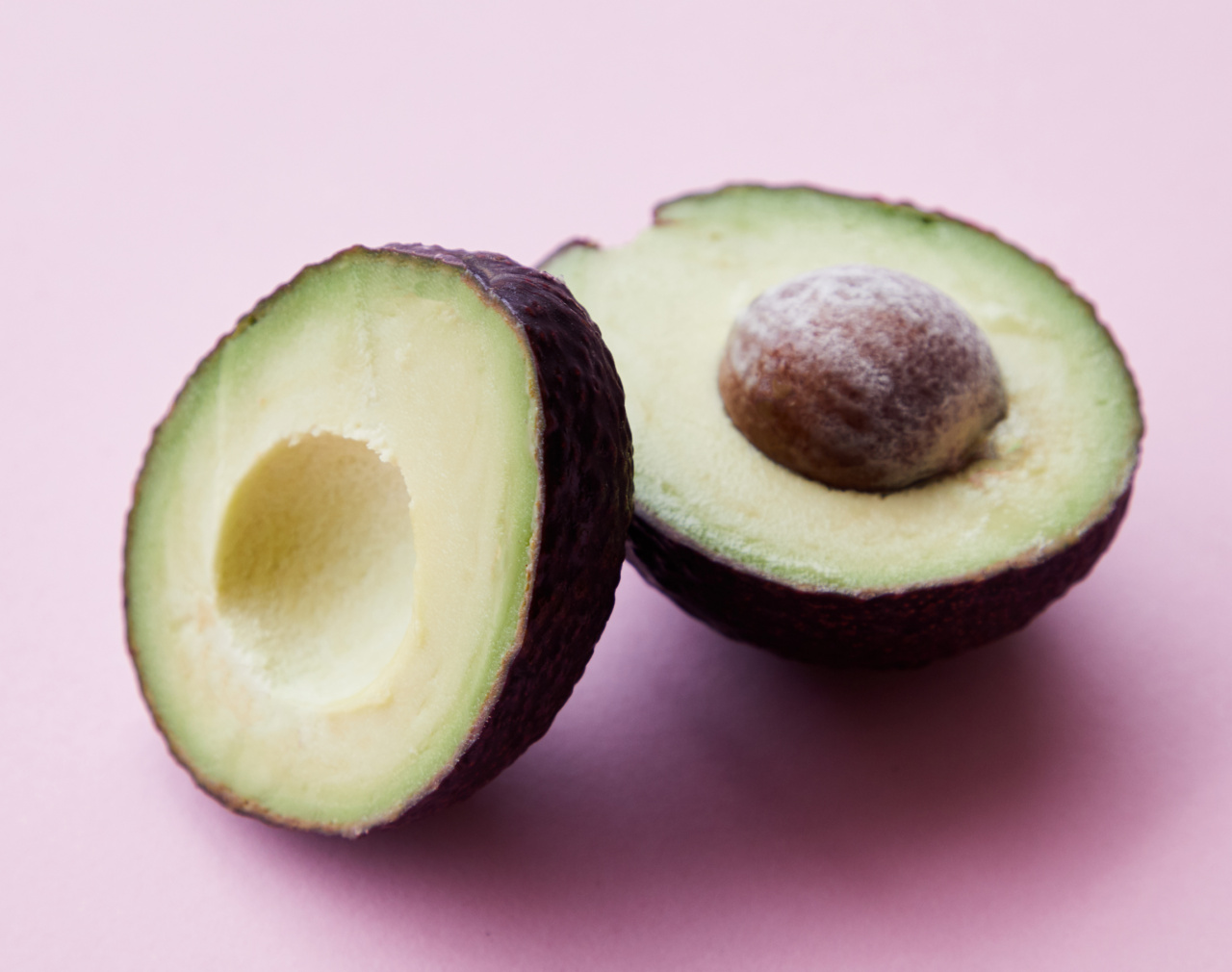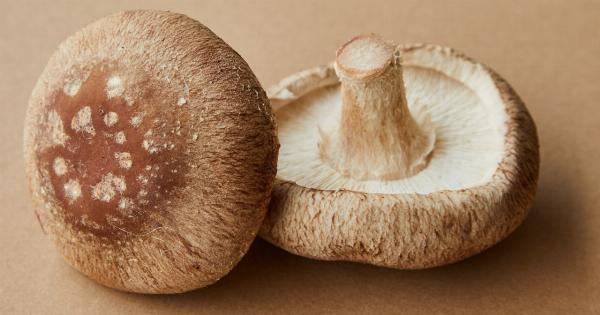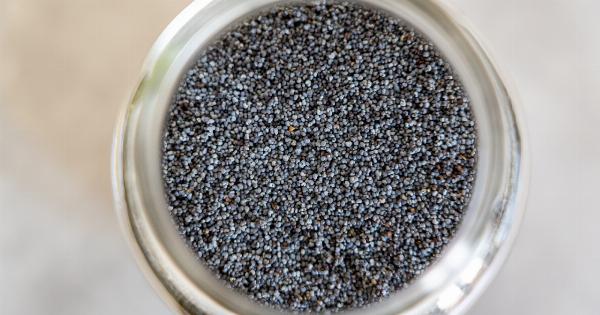When it comes to maintaining a healthy lifestyle, diet plays a significant role. The choices we make regarding our food intake can greatly impact our overall well-being.
A diet high in protein has been associated with numerous health benefits, including better food choices. In this article, we will explore the relationship between consuming a protein-rich diet and making healthier food choices.
The Importance of Protein in Our Diet
Protein is a macronutrient that is essential for the proper functioning of our body. It plays a vital role in building and repairing tissues, producing enzymes and hormones, and supporting a healthy immune system.
Consuming an adequate amount of protein is crucial for individuals of all ages and lifestyles.
Protein-Rich Foods
There are various sources of protein available, both animal-based and plant-based. Animal-based protein sources include lean meats, poultry, fish, eggs, and dairy products. Plant-based protein sources include legumes, nuts, seeds, and some vegetables.
Incorporating a variety of these protein-rich foods into our diet ensures we obtain a wide range of essential amino acids and other vital nutrients.
Increased Feeling of Fullness
One of the main reasons why a diet high in protein is associated with better food choices is its ability to increase the feeling of fullness.
Protein takes longer to digest than carbohydrates or fats, leading to a prolonged sense of satisfaction after a meal. This can prevent overeating and reduce the temptation to indulge in unhealthy snacks or desserts.
Reduced Cravings
Consuming an adequate amount of protein has been shown to reduce cravings for high-calorie and unhealthy foods. When we include protein in our meals and snacks, it helps stabilize blood sugar levels and prevents spikes and crashes in energy.
This stabilizing effect can minimize cravings for sugary or processed snacks, leading to healthier food choices overall.
Improved Muscle Mass and Strength
A diet high in protein is essential for anyone looking to build or maintain muscle mass and strength. Muscle is primarily made up of protein, and consuming sufficient amounts ensures optimal muscle repair and growth.
Individuals who engage in regular exercise or strength training can benefit from a higher protein intake. As muscle mass increases, so does the body’s energy expenditure, aiding in weight management.
Effect on Metabolism and Weight Loss
Protein has a thermic effect on the body, meaning it requires more energy to digest compared to carbohydrates or fats. This increased energy expenditure can slightly boost metabolism, making weight loss or weight maintenance more achievable.
Additionally, a higher protein intake can help preserve lean muscle mass during calorie restriction, ensuring that weight loss primarily comes from fat stores.
Enhanced Overall Nutrient Intake
Opting for a diet high in protein often leads to better overall nutrient intake. Protein-rich foods like lean meats, fish, and legumes are also excellent sources of various vitamins and minerals.
By incorporating more of these foods into our diet, we naturally increase our intake of essential nutrients like iron, zinc, vitamin B12, and omega-3 fatty acids.
Improving the Quality of Food Choices
Studies have shown that individuals who prioritize protein in their diet tend to make better food choices overall. This may be attributed to several factors, including increased satiety, reduced cravings, and improved nutrient intake.
When protein-rich foods form a significant part of our diet, it often leads to a decrease in the consumption of processed and unhealthy foods.
Protein and Sustainable Food Choices
Choosing a protein-rich diet can also have positive implications for the environment. Plant-based protein sources, such as legumes and nuts, have a lower environmental footprint compared to animal-based protein sources.
By incorporating more plant-based proteins into our meals, we can reduce our carbon footprint and contribute to a more sustainable food system.
Conclusion
Consuming a diet high in protein has been associated with better food choices due to its impact on satiety, cravings, muscle mass, metabolism, and overall nutrient intake.
Prioritizing protein-rich foods can lead to a healthier lifestyle and improved overall well-being. By making conscious choices to include a variety of protein sources in our diet, we can enjoy the benefits of better food choices while simultaneously contributing to a healthier planet.




























